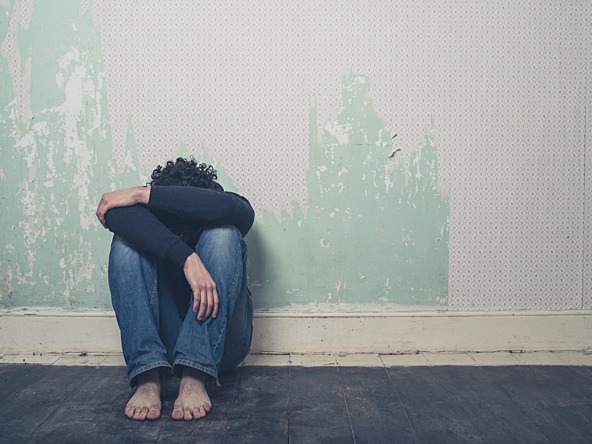Instagram has most negative impact on youth mental health

The report, #StatusOfMind, from the RSPH and the Young Health Movement, explored the positive and negative effects of social media on young people's ( 14-24 year-olds) mental health in the UK.
A survey of around 1,500 young people asked them to score five social media platforms in terms of how they impact their health and wellbeing across a number of criteria, including anxiety, loneliness, body image, self-identity and impact on sleep.
It emerged that Instagram was judged most negatively, receiving poor ratings on seven of the 14 measures, in particular impact on sleep, body image, and fear of missing out. It did, however, receive positive ratings when it came to self-expression, self-identity and emotional support. Snapchat received the second most negative judgement.
YouTube was found to have the most positive impact on mental health and wellbeing – it scored well in nine of the 14 categories – and was the only one of the five sites to be judged to have a positive impact overall.
The report made a number of recommendations, including the introduction of a pop-up heavy usage warning on social media; that platforms should identify users who show signs in their posts of suffering from mental health problems, and discreetly signpost to support; and that platforms should highlight when photos of people have been digitally manipulated.
“As the evidence grows that there may be potential harms from heavy use of social media, and as we upgrade the status of mental health within society, it is important that we have checks and balances in place to make social media less of a wild west when it comes to young people’s mental health and wellbeing," said Shirley Cramer, chief executive of RSPH.
"We want to promote and encourage the many positive aspects of networking platforms and avoid a situation that leads to social media psychosis which may blight the lives of our young people.”

We hope you enjoyed this article.
Research Live is published by MRS.
The Market Research Society (MRS) exists to promote and protect the research sector, showcasing how research delivers impact for businesses and government.
Members of MRS enjoy many benefits including tailoured policy guidance, discounts on training and conferences, and access to member-only content.
For example, there's an archive of winning case studies from over a decade of MRS Awards.
Find out more about the benefits of joining MRS here.













0 Comments